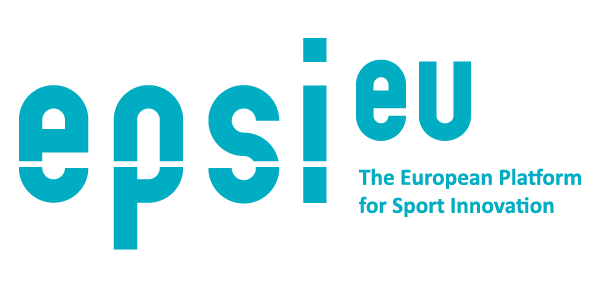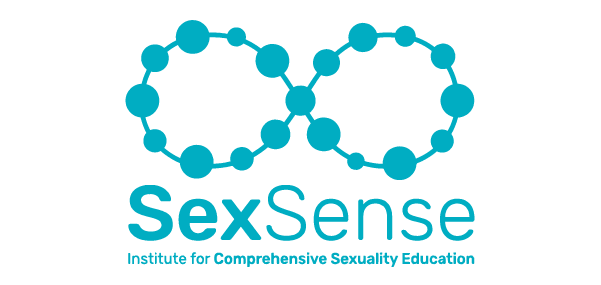The SISTERS project aims to promote women’s and the LGBTIQ+ community’s full inclusion in sports by advancing equity through an intersectional approach. For the sake of this project, the concept of women is understood based on a non-binary approach to gender identity and hence refers to every person who identifies as a woman. More specifically the project activities, implemented in Italy, Portugal, Bulgaria, Greece, Cyprus and Bosnia & Herzegovina aim to:
- understand trends, facts, and reasons behind women’s and the LGBTIQ+ community’s inequitable access to sport through an intersectional lens;
- raise capacities of grassroots sport organisations, trainers and players through gender-sensitive and intersectionality informed methods to (i) advance equity in sport and to (ii) tackle episodes of discrimination and violence on grounds of gender and sexual orientation, gender identity, gender expression and sex characteristics, national origin, immigrant status, cultural and socio-economic background, ability and/or disability, religion (SOGIESC);
- raise awareness among sport professionals, players, organisations and the wider society of the detrimental effects of intersecting forms of discrimination and violence on women’s and the LGBTIQ+ community’s full participation in sports.
This will be achieved through the following main activities:
- research and analysis activities to understand women and the LGBTIQ+ community’s experience in sporting environment and gather best practices for equitable access to sport;
- organisation of a training program for sport professionals and young players;
- innovative sports tournaments;
- involvement of policymakers and stakeholders to sustain the project outcomes.
During its 30-month lifetime, SISTERS will directly and indirectly positively impact:
- 120 sport trainers active in different sport disciplines and working with players of different ages, including athletic trainer, physiotherapist, storekeeper, sport teachers in schools etc.
- 240 sport players including young people who play sport for recreational purposes, either in sport associations and club, at school or in their leisure time.
- Sports managers who are directly or indirectly involved in the governance and decision making organs of clubs and sport associations.
- Policymakers at local, regional, national level engaged in the areas of youth, sport, or social related.
- Sport practitioners, namely those players who are professionally employed by a club, who will be invited to participate in the last phase of the project.
SISTERS at a glance:
- 90 interviews targeted to different group representatives
- 18 focus groups to discuss good practices for gender and LGBTIQ+ equity and inclusion in sport that were already developed at EU level
- 1 SISTERS Handbook with good practices, lessons learned and guidelines
- International training on gender and LGBTIQ+ equity in sport designed as a 1-day workshop made up of various sessions
- “Sport Bag”: a toolkit containing exercises, methods, videos, quizzes, self-assessment tests, readings etc.
- 2 half-day training sessions for sport trainers, managers, and practitioners, to be replicated 4 times over 2 months reaching at least 20 participants per country
- 2 half-day training sessions for young sport players, to be replicated 4 times over 2 months, reaching at least 40 participants per country
- SISTERS Sport tournaments
- Final local award ceremonies for winning teams
- Memorandum of Understanding signed with key stakeholders certifying their commitment to follow up project activities
- 1 “Closing event” in each partner country in order to scale up the project at national level
- Final international closing event





